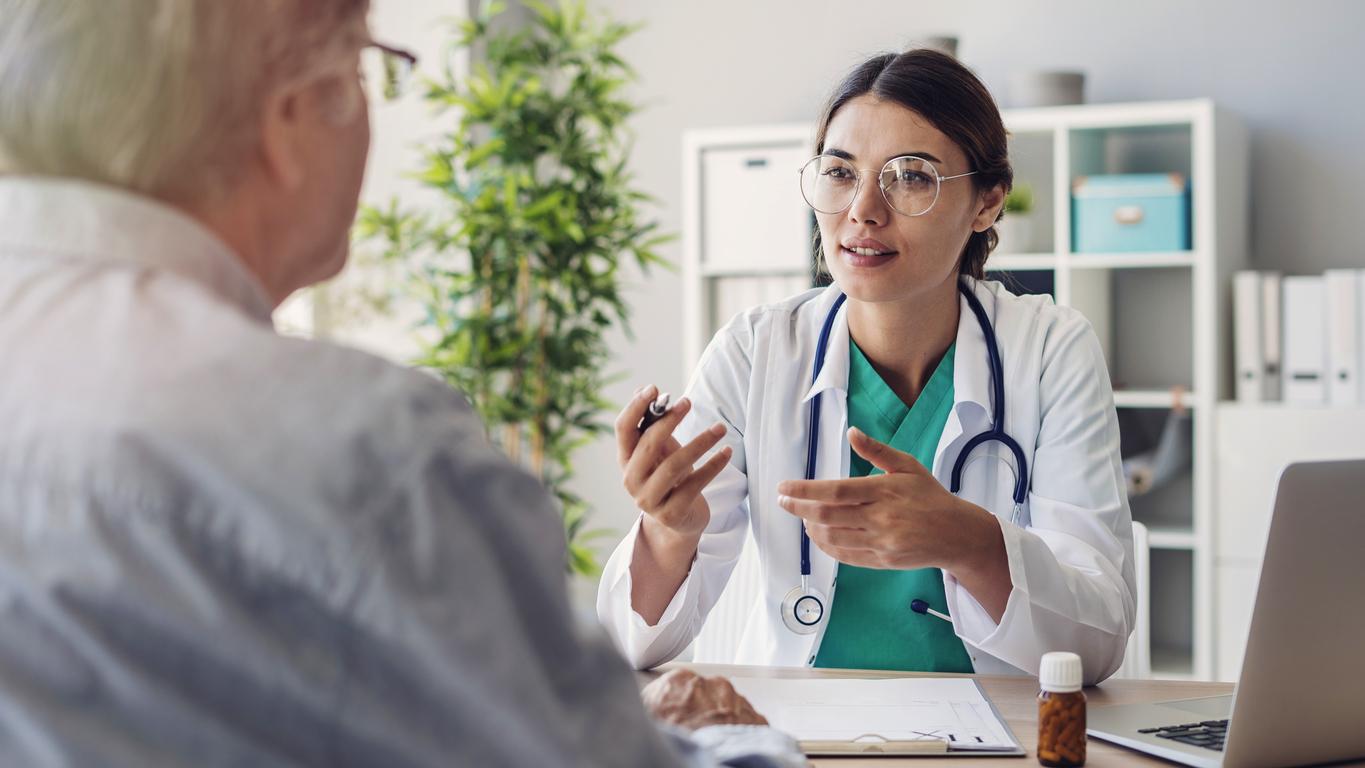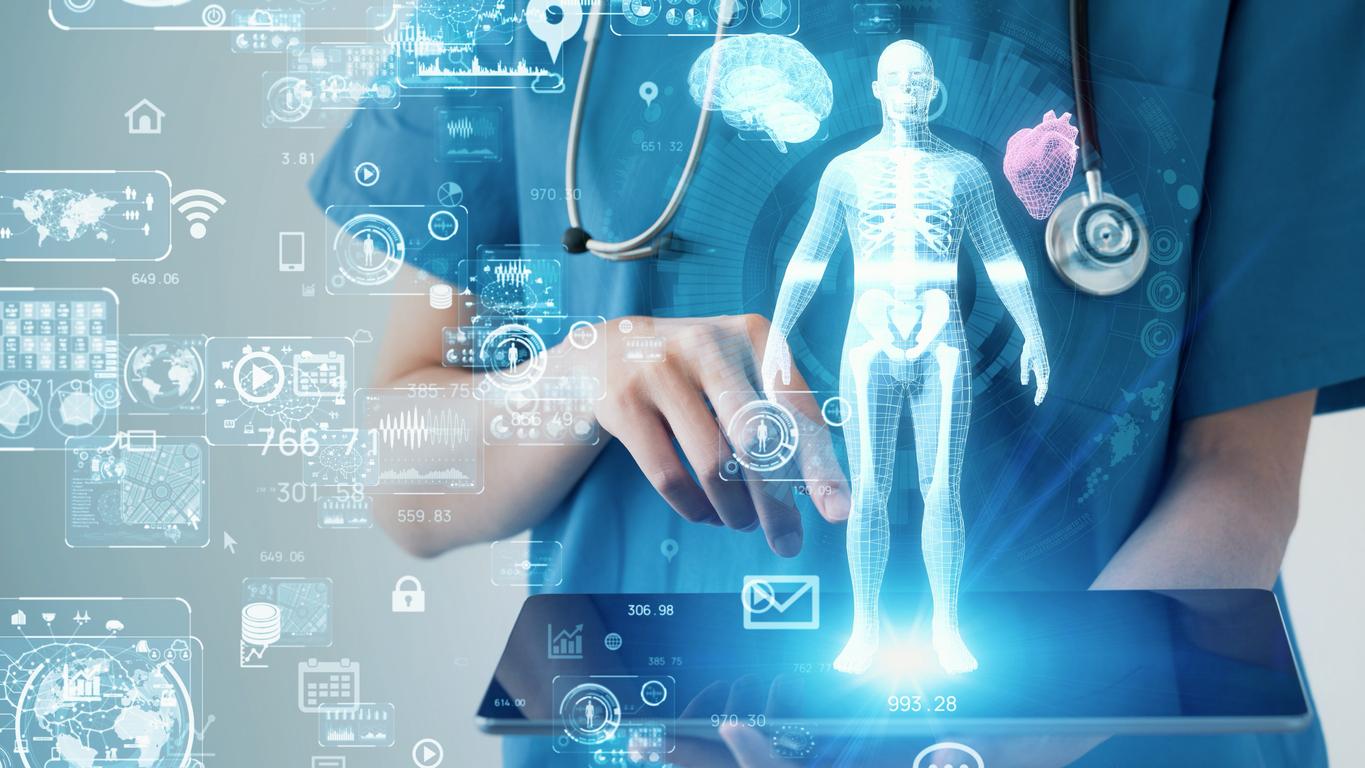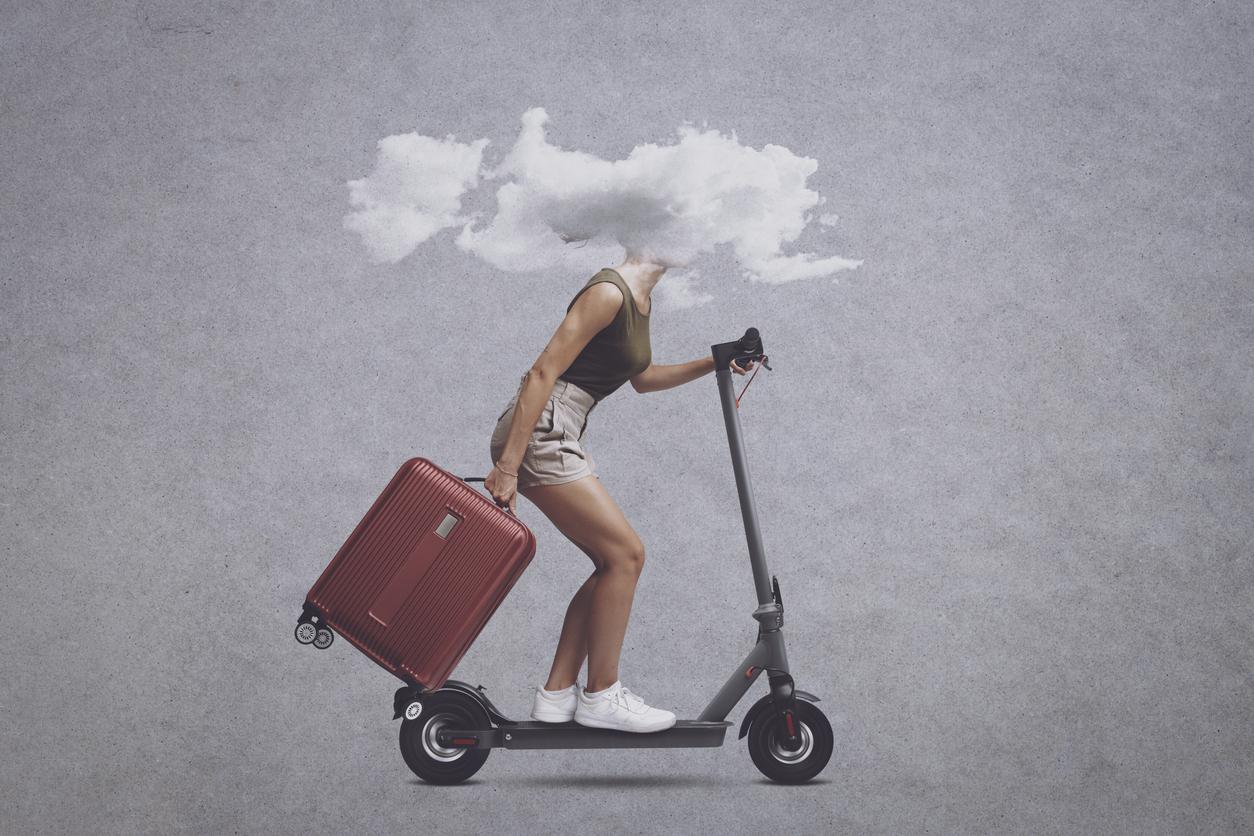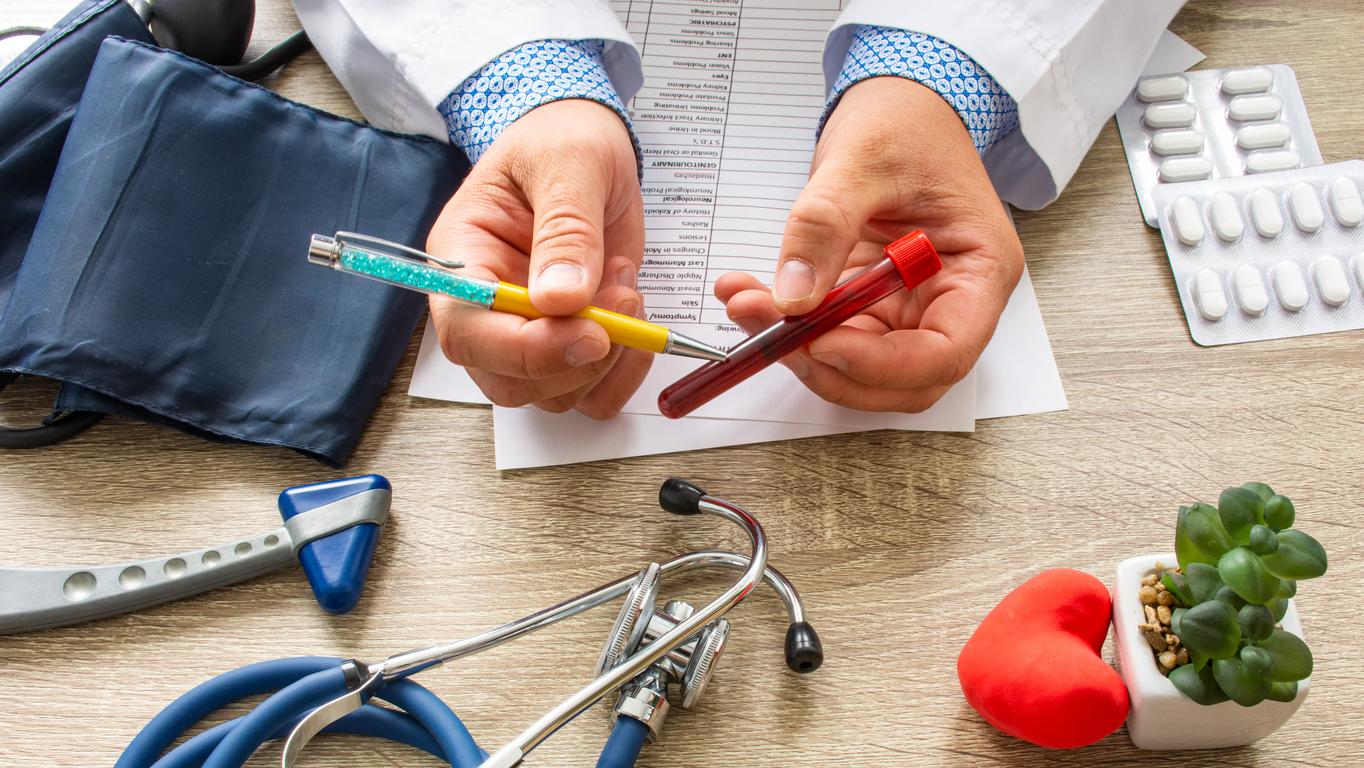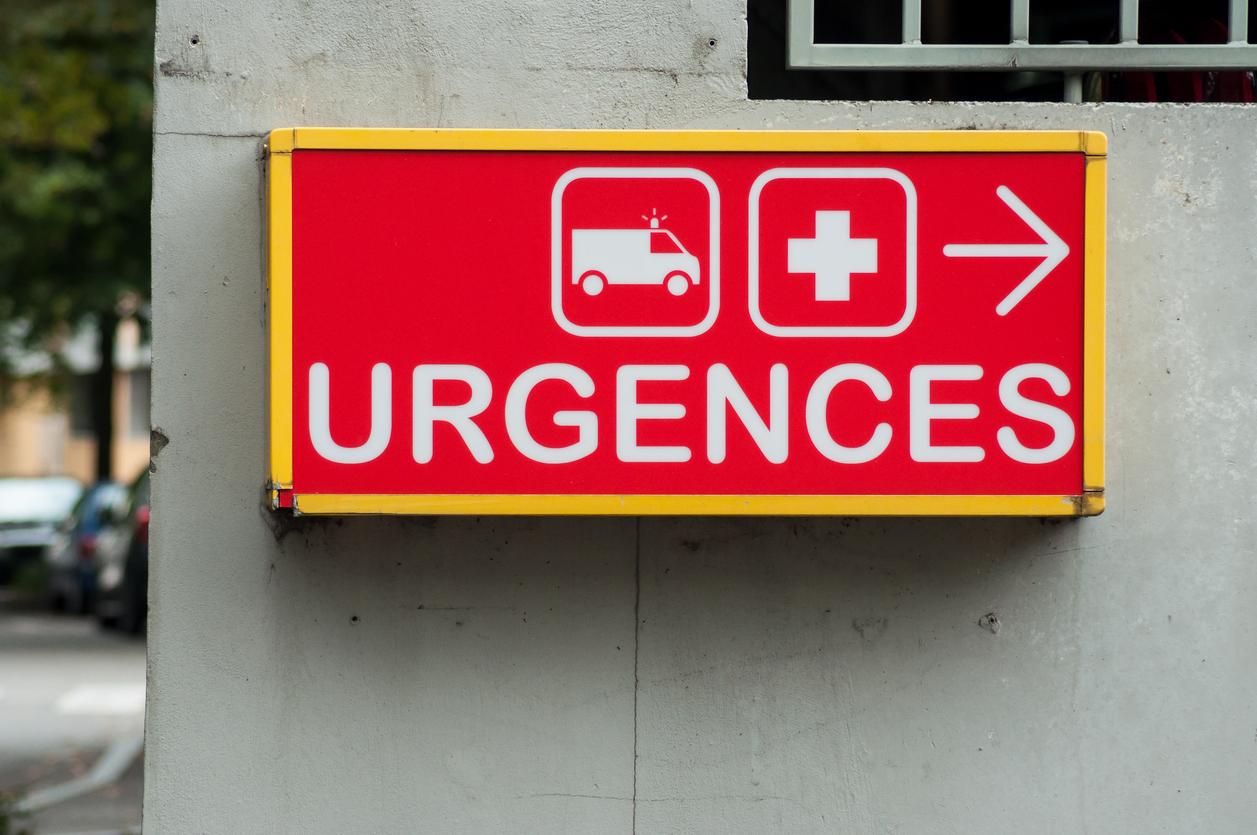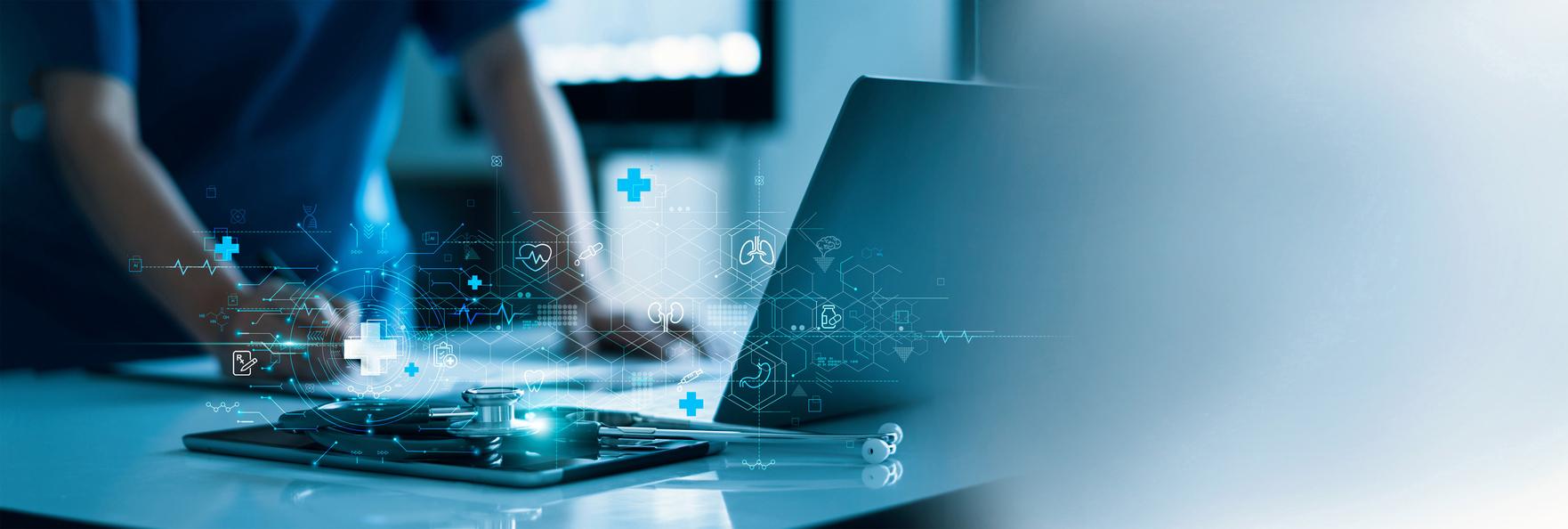If a medical emergency occurs, in the midst of panic, errors that could have serious consequences for the patient’s survival are likely to be made. Which ones should you absolutely avoid? We take stock.
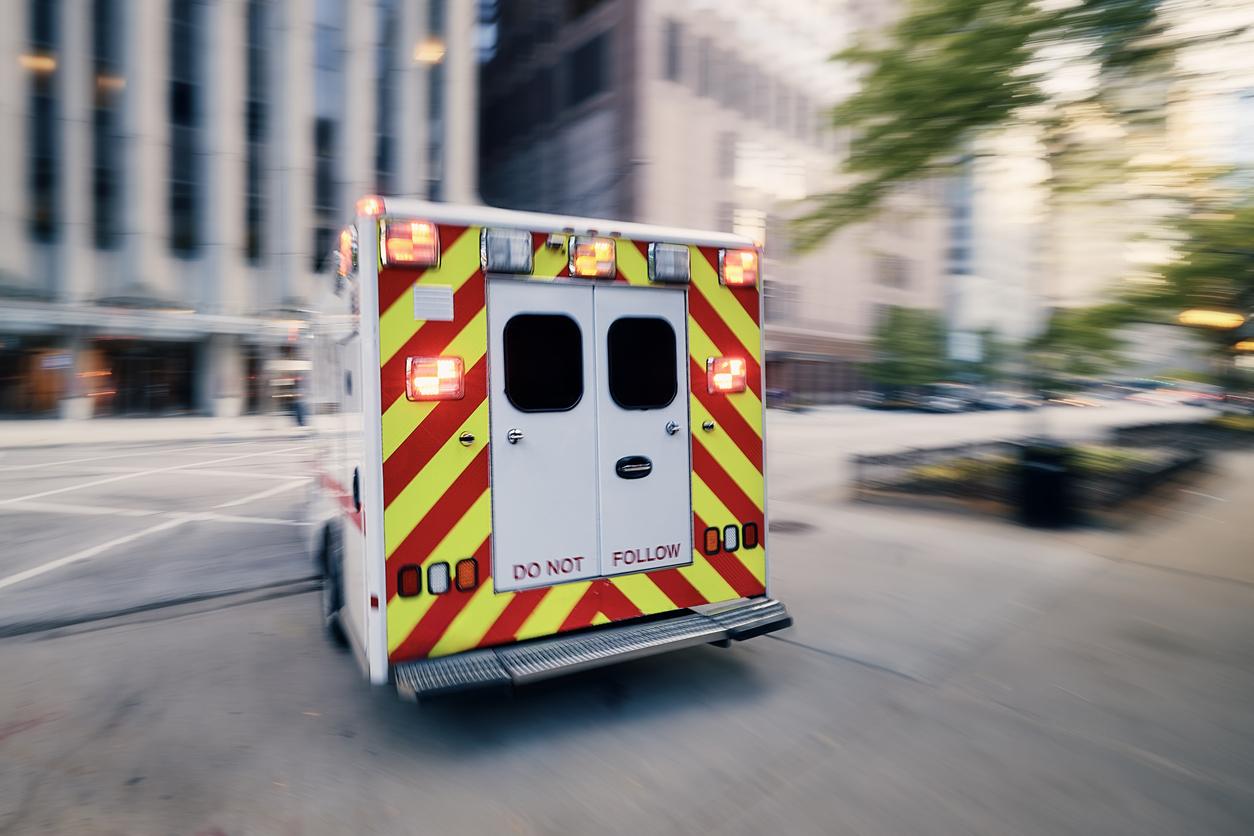
- During a medical emergency, certain errors must be avoided to ensure the best patient care.
- So, you must first call 15 first and not your loved ones.
- It is also not necessary to transport the patient to the emergency room; the SAMU must take care of this.
THE 15 is the number to call in France in the event of a medical emergency. It allows callers to contact the SAMU, available every day, 24 hours a day. The person calling will have to answer several questions about the emergency they are facing, which will allow the regulatory doctor to decide whether a medical response team is necessary.
In an emergency situation, you should not call your loved ones first
During this call, the regulating doctor will also advise you on the right actions to adopt while waiting for help. So, the first mistake not to make during a medical emergency is to call a loved one before help. This may seem obvious in ordinary times, but in such a situation, many people will have this reflex.
“Once at the hospital, you can call everyone, says Dr. John Torres, emergency physician in the United States at Daily Mail. You will have plenty of time.”The sooner you call for help, the more likely the patient in danger will be to survive or have fewer after-effects.
There is another mistake not to make: going to the hospital emergency room alone or being accompanied by a loved one. Transport must be provided by SAMU teams if necessary. Indeed, as stated the Ministry of Health and Preventiongoing directly to the hospital overloads emergency services, which harms the health system as a whole.
The patient must be transported to the emergency room by SAMU
It can also be negative for the person who requires medical intervention. First, it delays the first aid you could provide while waiting for help. Secondly, the ambulance ride is part of the patient’s care, specific devices will ensure monitoring.
Furthermore, the person in emergency should not be left alone in the hospital. Dr. John Torres recommends staying on site to check that she answers the questions asked to her by the medical teams or, if she is not able to do so, to answer them for her.
Finally, last advice from the emergency doctor: if possible, take your cell phone charger. In fact, the handling time is sometimes very long… You must therefore be able to keep your loved ones informed of developments in the situation and benefit from their support.










